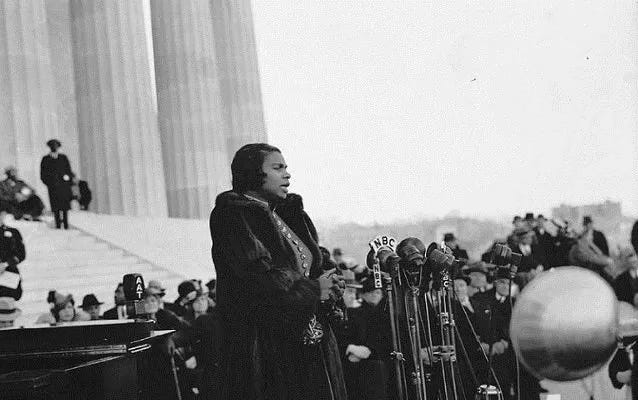Songs for the Post-Election World, Part I
Music hath charms to provide a soundtrack for your life, even when it seems like the future is bleak. Here's Part I of my post-election playlist. We're not going back.

The 2024 election results are definitive. Trump won. Harris lost. Come January the GOP will control both the Senate and the House. Like many of you, the presidential race didn’t go the way I voted. But unless you renounce your citizenship, you c…


